Jul 04, 2023 By Susan Kelly
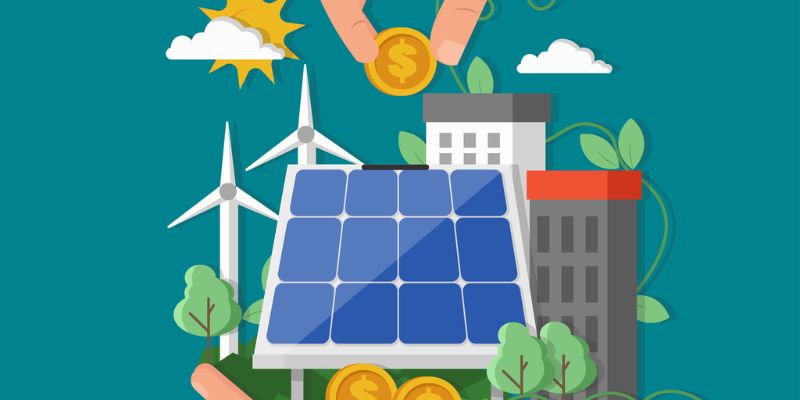
Are you considering investing in solar panels? You are not alone. Over the past decade, more and more homeowners have been drawn to this renewable energy source due to its potential cost savings and environmental advantages.
While many consider it a worthwhile investment, others may need help with the high cost of installing solar panels in their home. In this article, we provide an overview of what you need to know when deciding if investing in solar is right for you.
From understanding how much they cost to learning about government incentives that can help lower out-of-pocket expenses.
Overview of Solar Panels
Solar or photovoltaic (PV) panels are innovative devices that harness the sun's energy and convert it into usable electricity. In recent years, they have gained tremendous popularity as a clean and sustainable energy solution.
The basic principle behind solar panels involves using photovoltaic cells, typically silicon, which absorb sunlight and release electrons. These electrons create a flow of electricity when they move through an electric circuit. Multiple PV cells are connected in series or parallel to form a solar panel, generating a specific voltage and current output.
Solar panels offer numerous benefits. First and foremost, they produce electricity without emitting harmful greenhouse gases, reducing our carbon footprint and combatting climate change. Moreover, solar energy is abundant and renewable, ensuring long-term availability and energy security.
Installing solar panels can also lead to significant cost savings on electricity bills, especially as technology advances and prices continue to drop. The installation process of solar panels involves mounting them on rooftops or in open areas with maximum sun exposure.
The panels require minimal maintenance, typically limited to occasional cleaning, to ensure optimal performance. In addition, the excess electricity generated by solar panels can be stored in batteries or fed back into the grid through net metering programs, promoting energy independence and potential revenue generation.
As the demand for renewable energy grows, solar panels play a crucial role in diversifying our energy sources and reducing reliance on fossil fuels. Their versatility and scalability make them suitable for various applications, from residential homes and commercial buildings to large-scale solar farms.
Embracing solar panels contributes to a cleaner environment and creates job opportunities in the rapidly expanding solar industry.
Advantages of Purchasing Solar Panels
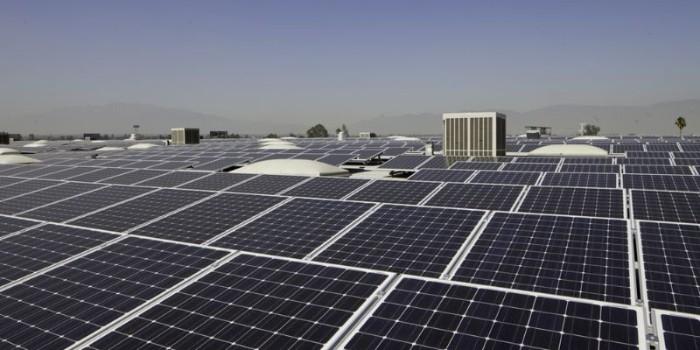
Purchasing solar panels offers numerous advantages, making them an attractive investment for individuals, businesses, and communities. Here are some key benefits:
- Cost savings: By producing your own clean and sustainable energy, solar panels can greatly reduce or perhaps completely eliminate your need for electricity. Savings can grow over time and lead to significant cost reductions.
- Return on investment: Solar panels are a long-term investment that can provide a solid return. The money saved on electricity bills can offset the initial investment, and in many cases, the panels pay for themselves within a few years.
- Energy independence: Generating your electricity with solar panels reduces dependence on the grid and energy suppliers. This increases energy independence and resilience, especially during power outages or fluctuations.
- Environmental impact: Solar panels produce clean energy without emitting greenhouse gases or other pollutants. By using solar power, you contribute to mitigating climate change and reducing air pollution, leading to a healthier and more sustainable environment.
- Government incentives: Many governments offer attractive incentives, such as tax credits, grants, or rebates, to encourage the adoption of solar energy. These incentives can significantly reduce the upfront cost of installing solar panels, making them more financially accessible.
- Increased property value: Homes and buildings equipped with solar panels often have higher property values and sell faster on the real estate market. Solar panels are considered a valuable and desirable feature for environmentally conscious buyers.
- Job creation and economic growth: The solar industry is rapidly expanding, creating new job opportunities and contributing to local and national economies. By purchasing solar panels, you support this growth and help create a more sustainable and prosperous future.
Overall, purchasing solar panels provides a range of advantages, from financial savings to environmental benefits, making them a smart and responsible choice for individuals and businesses alike.
Factoring in Upfront and Long-Term Costs
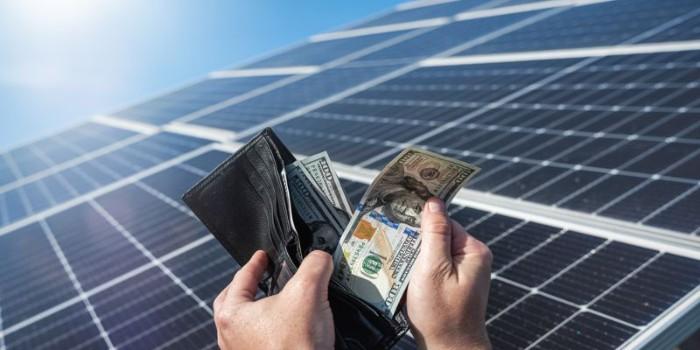
When considering the purchase of solar panels, it is important to factor in the upfront costs and the long-term financial implications.
The upfront costs include the purchase price of the solar panels, installation expenses, and any necessary permits or inspections. These costs can vary depending on the system's size and the installation's complexity. However, it's worth noting that the prices of solar panels have decreased over the years, making them more affordable for many.
On the other hand, the long-term costs should also be considered. Solar panels have a lifespan of 25 to 30 years, during which they continue to generate electricity. While maintenance costs are generally low, it's essential to consider factors such as warranty coverage, potential repairs, and cleaning requirements.
The long-term financial benefits of solar panels are significant. The savings on electricity bills over the system's lifespan can outweigh the upfront costs, resulting in a positive return on investment. Additionally, incentives like tax credits and net metering programs can further enhance the financial viability of solar panel installations.
By carefully assessing the upfront and long-term costs, individuals and businesses can make informed decisions about investing in solar panels and determine the financial feasibility of adopting solar energy.
Learning about Tax Incentives for Solar Panel Installations
Tax incentives for solar panel installations are available in many countries to promote the adoption of renewable energy. These incentives vary depending on the region but commonly include tax credits, rebates, and exemptions. They can significantly reduce the upfront costs of installing solar panels.
For instance, the Federal Investment Tax Credit (ITC) in the United States enables individuals and companies to write off a portion of the cost of a solar panel installation against their federal taxes.
It's essential to research and consult with local authorities or tax professionals to understand the specific tax incentives available in your area and maximize the financial benefits of going solar.
Developing a Sustainable Strategy for Home Energy Savings
Developing a sustainable strategy for home energy savings involves several key steps. First, conduct an energy audit to identify areas of inefficiency. Then, focus on insulation, sealing air leaks, and upgrading to energy-efficient appliances and lighting.
Utilize natural light and adjust thermostat settings wisely. Consider installing a programmable thermostat and smart energy monitoring systems. Incorporate renewable energy sources, such as solar panels, to generate clean electricity. Reduce water consumption through low-flow fixtures and water-efficient practices.
Finally, educate household members about energy conservation habits, such as turning off lights when not in use and unplugging electronics. Regularly monitor and adjust the strategy to maximize energy savings and minimize environmental impact.
FAQs
Are solar panels expensive?
Solar panels can be expensive upfront, but their long-term savings on electricity bills and potential government incentives can make them cost-effective over time.
What factors affect the cost of solar panels?
The price of solar panels varies depending on the size of the system, the calibre of the panels, the difficulty of the installation, the location, and any applicable incentives or subsidies.
Are there any ways to reduce the cost of solar panels?
Yes, the cost of solar panels can be reduced through government incentives, tax credits, rebates, and by comparing quotes from multiple installers to find competitive prices.
Conclusion
You now better understand solar panel purchases, installations, advantages, and costs. Solar panels are practical for the environment and reward your wallet in the long run. To top it off, you may even qualify for some tax cuts or incentives with your purchase. Transitioning to solar energy can ultimately save your family on utility bills, provide a consistent source of eco-friendly energy and help improve the overall search for sustainability.
-

Best Places to Retire In Panama
Jun 30, 2023
-

Taking the Necessary Steps to Prepare for Retirement
Jul 28, 2022
-
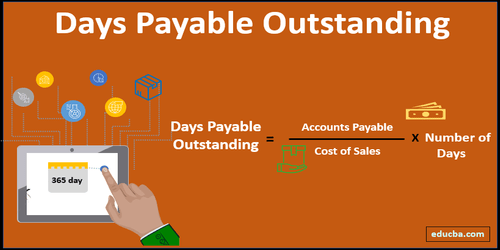
Learn About: What is Day Payable Outstanding?
Aug 08, 2022
-

What Factors Affect Social Return on Investment (SROI)?
Sep 09, 2022
-
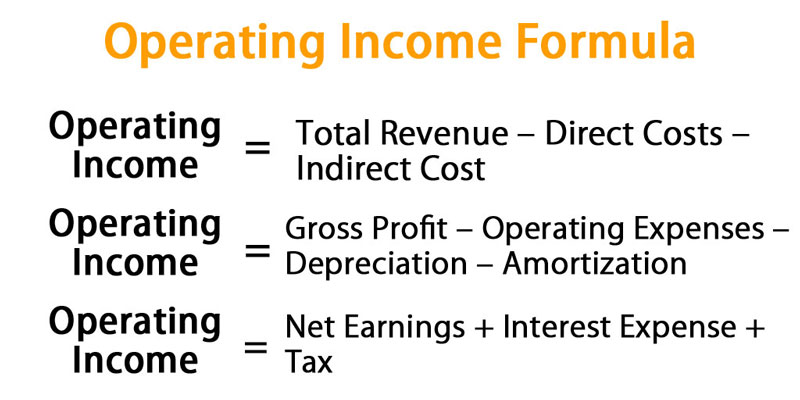
All You Need to Know About What Is Operating Income
Jul 28, 2022
-

See How: Is It Possible to Retire at 45 With $500,000?
Jul 23, 2022
-

CFA vs. CFP: Which Is Better For You?
Jun 07, 2023
-

What is a Closing Disclosure
Jul 04, 2023



